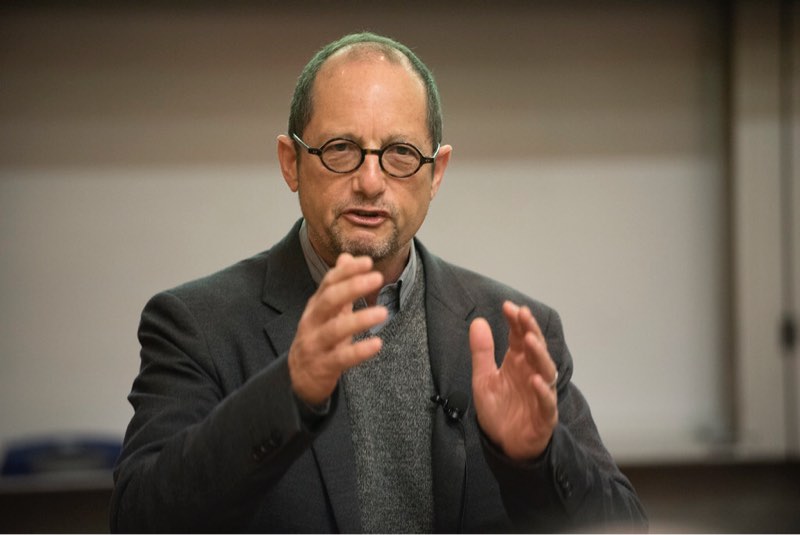Is there a theological correlation between the Night Journey of Prophet Muhammad to Heaven and the prophecy mentioned in Daniel 7:13?
Please provide a detailed explanation to support this argument.
The argument connecting the Night Journey of the Prophet Muhammad to Heaven with Daniel 7 verse 13 is based on theological interpretations that draw parallels between the two events. Here's an explanation of this argument:
1. The Night Journey of Prophet Muhammad ( الإسراء والمعراج): According to Islamic tradition, the Night Journey (الإسراء) and Ascension (المعراج) is a miraculous event in which the Prophet Muhammad was transported from Mecca to Jerusalem and then ascended through the heavens, meeting various prophets and eventually coming into the presence of Allah.
2. Daniel 7 verse 13 in the Bible: In the Book of Daniel in the Old Testament of the Bible, specifically in Daniel 7 verse 13, there is a prophecy that says: "I saw in the night visions, and behold, with the clouds of heaven there came one like a son of man, and he came to the Ancient of Days (that is, God) and was presented before him." This verse is often interpreted as a reference to a messianic figure.
The argument connecting these two events revolves around the idea that both the Night Journey of Prophet Muhammad and the vision in Daniel 7 verse 13 involve a figure coming into the presence of God. Some scholars, particularly in comparative religion and interfaith dialogue, suggest that there are thematic similarities between these events:
Divine Revelation: In both situations, there is a significant meeting with the divine, as Prophet Muhammad ascends to the highest levels of heaven, and the individual in Daniel 7 verse 13 is brought before the "Ancient of Days," a divine being.
Prophetic Roles: The figure in Daniel 7 verse 13 is often associated with a messianic or prophetic role. Similarly, Prophet Muhammad is considered the final prophet in Islam, and his Night Journey is seen as a confirmation of his prophethood.
It's important to note that this argument is primarily a matter of theological interpretation and interfaith dialogue. Different scholars and religious traditions may have varying perspectives on the significance and connections between these events.

